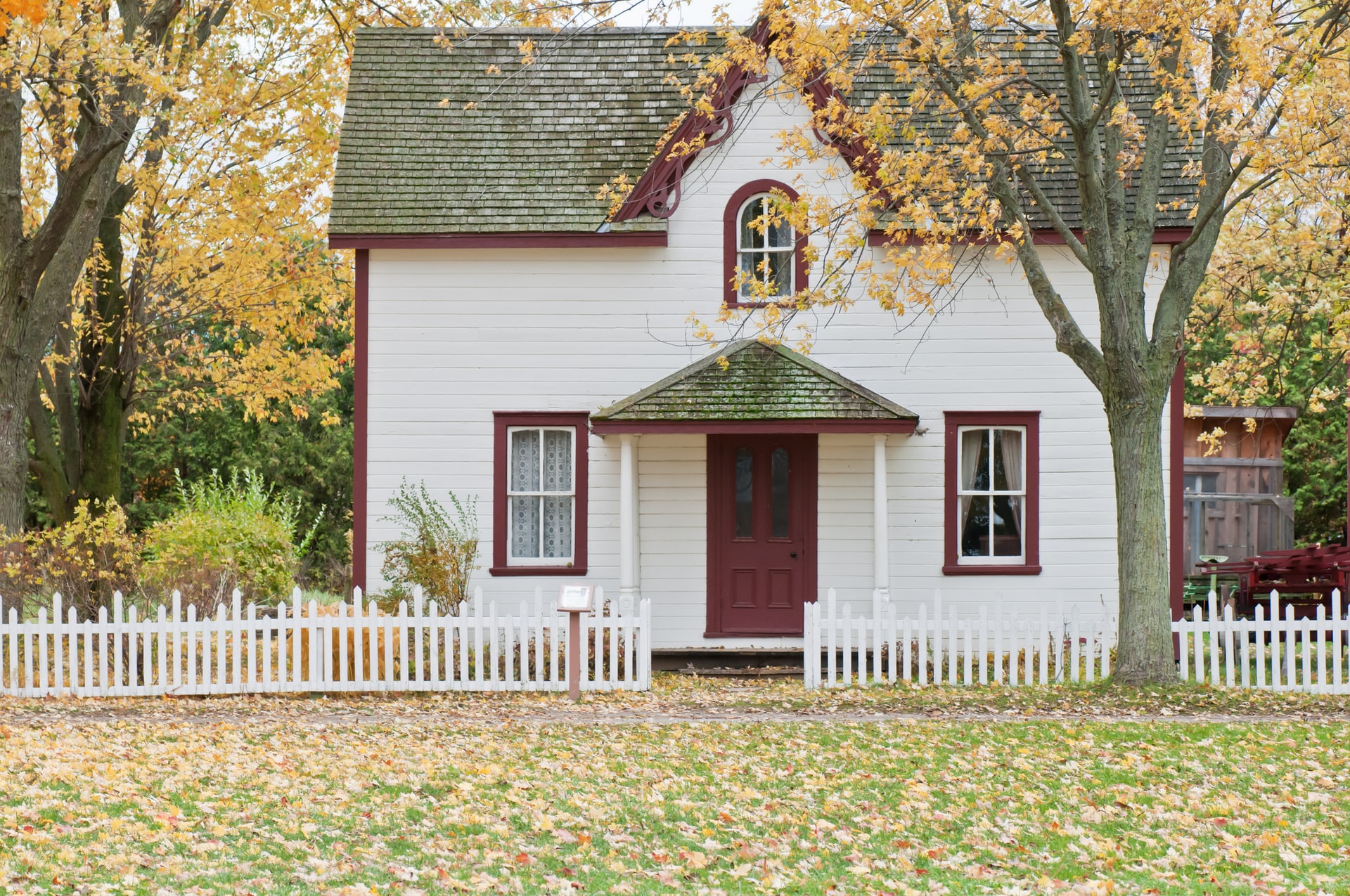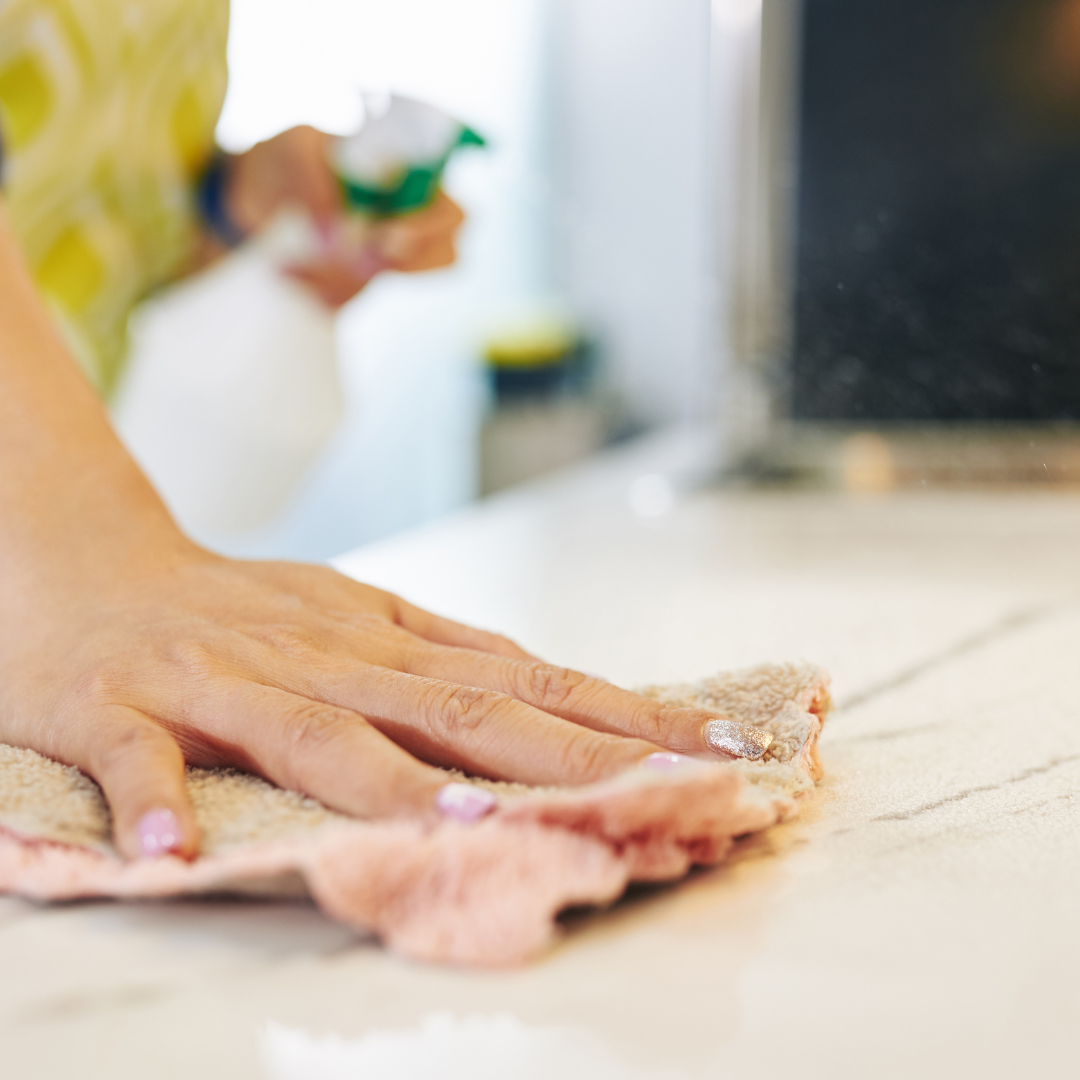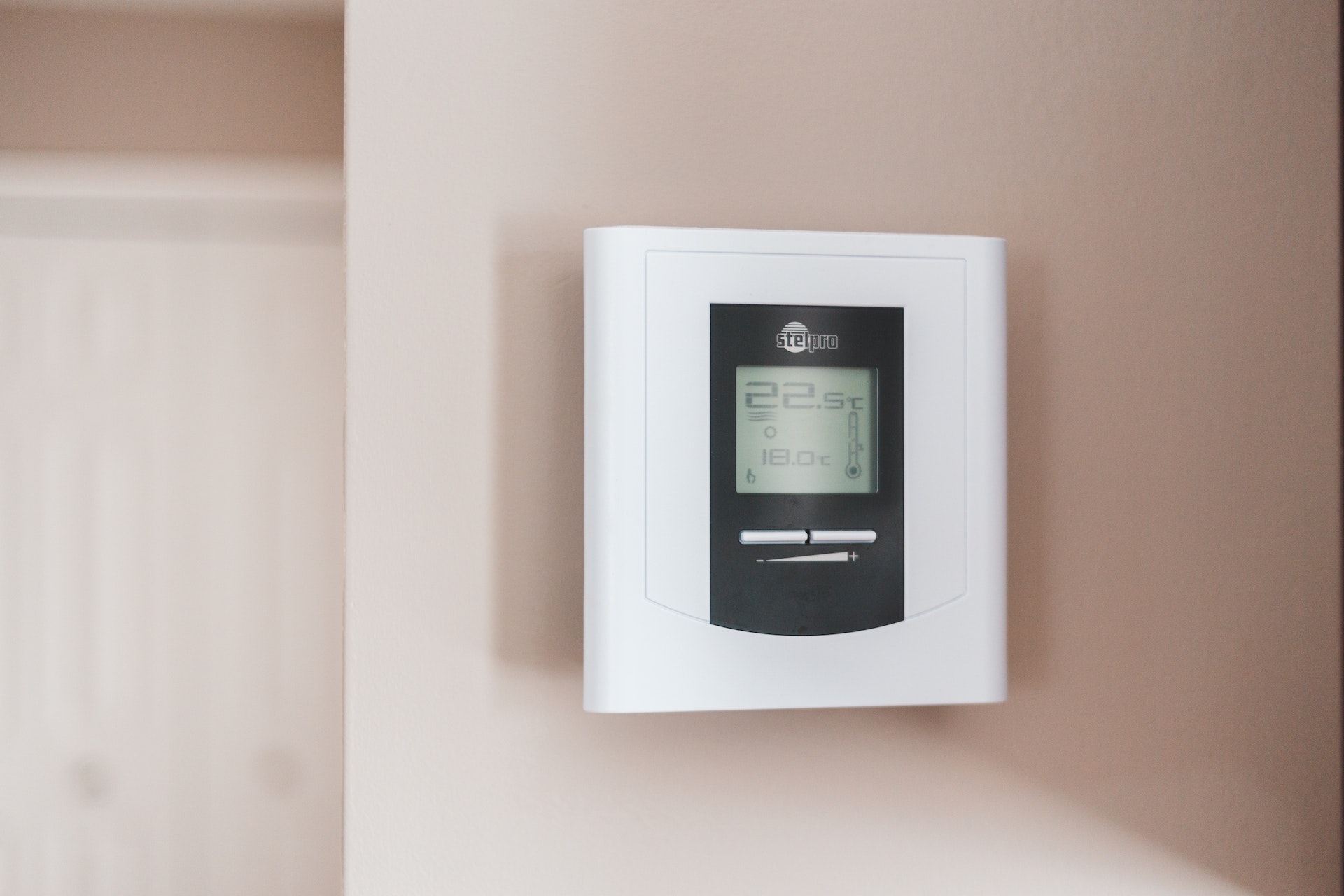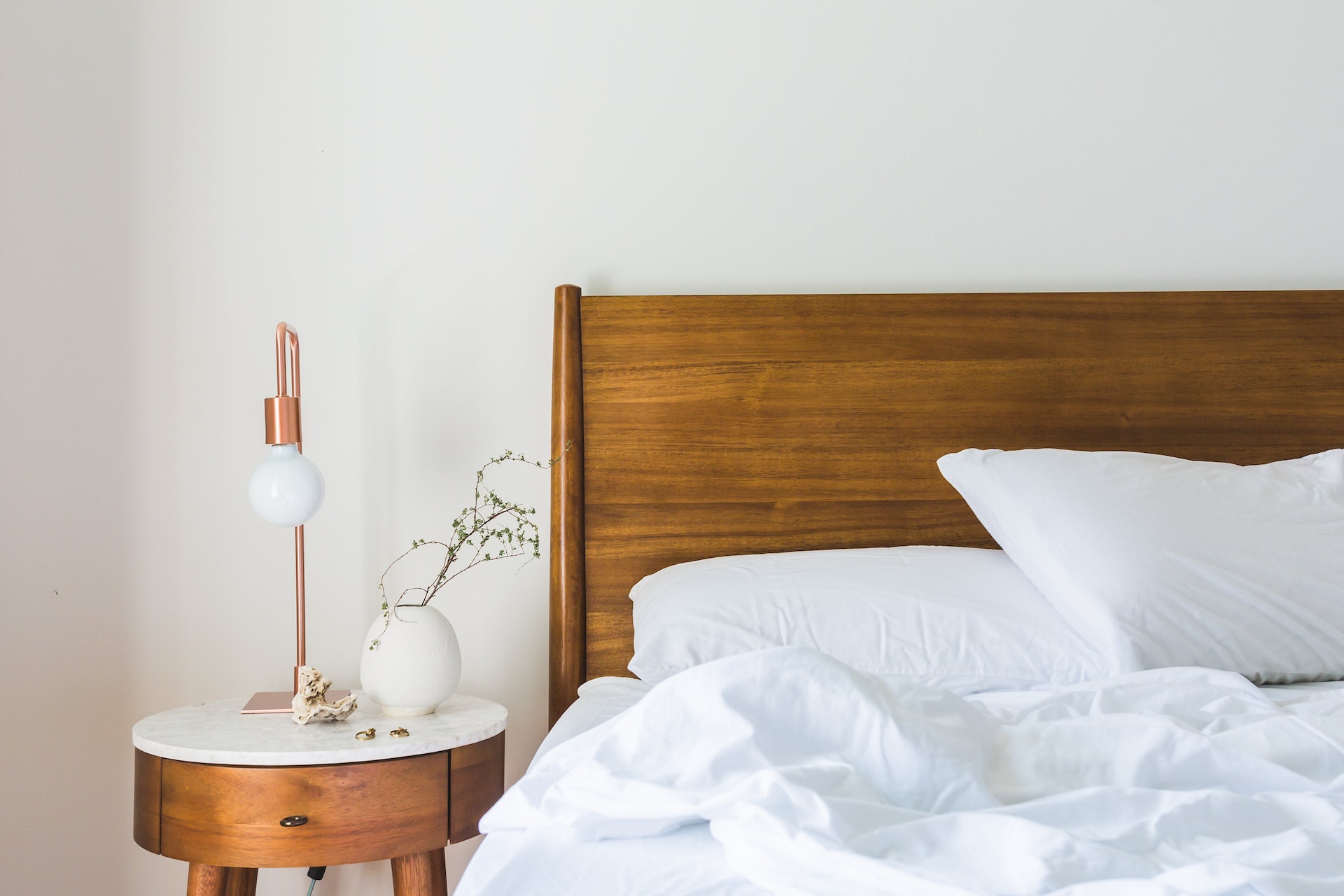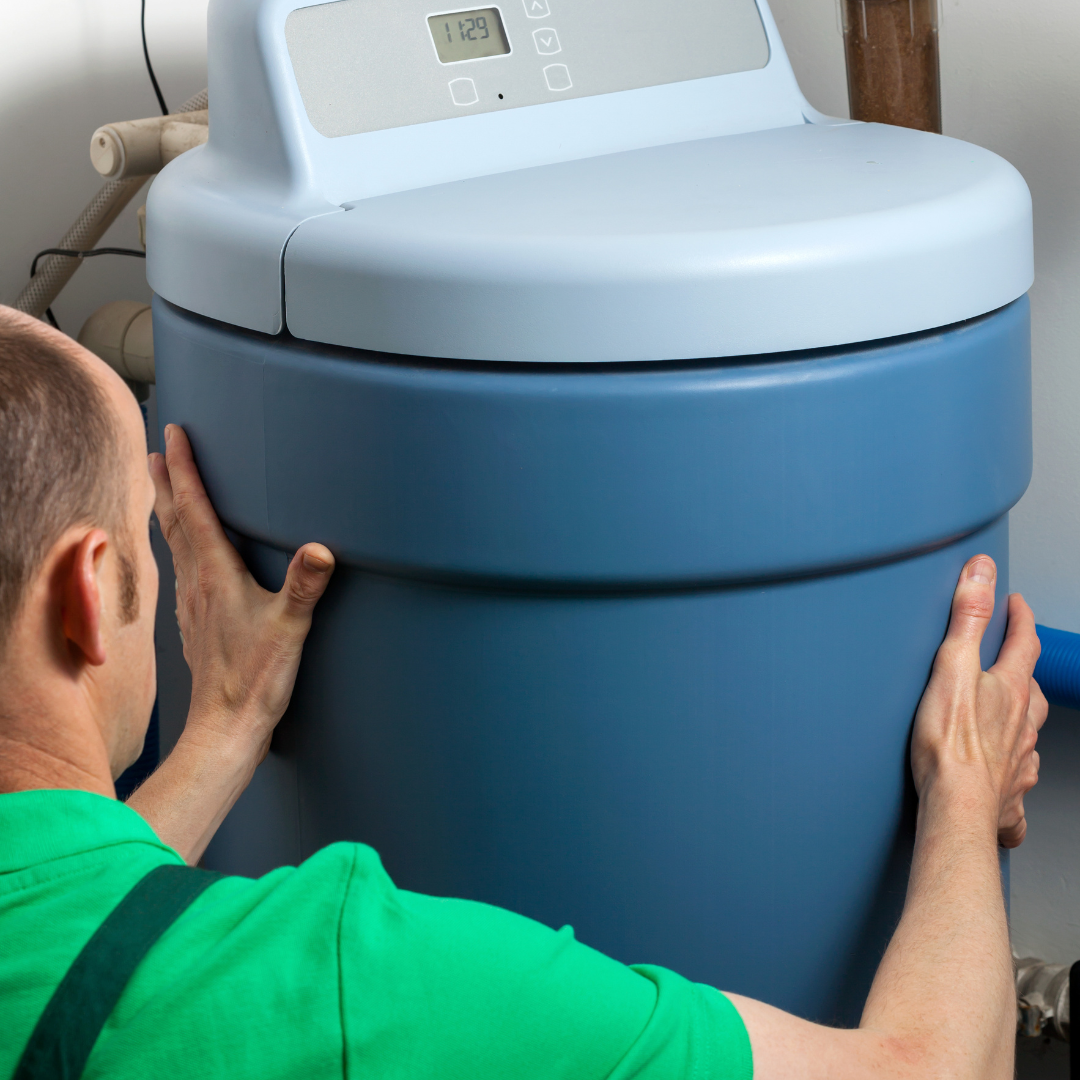Buying a property is a huge step for every household. It’s a massive financial investment, as well as an investment in your future. Once you’ve purchased a property, then it’s up to you to maintain it. When you consider all this, it makes sense many people have mental blocks when they consider taking on such a responsibility, but there are plenty of good reasons to buy a home.
Owning property allows you to build up your financial assets, giving you something valuable for your money. Other than the initial costs, the mortgage payments on the property itself are often much less than the cost of renting a similar property. This means that you may find your life is less expensive, but you have a physical property to answer for it.
If you want to take your first steps to own a home, here are some steps that you’ll need to take.
1. Budgeting and Finances
Before you can make any major purchases, you should always set a budget for what you can afford. Setting a budget will prevent you from overspending, as it sets reasonable limits on yourself. However, a budget will only work if you’re strict with it and make sure that you can get what you need. Include any ongoing expenses and renovation costs in your budget so you don’t get caught off guard. This can add around an extra 15% to the cost of the property.
This is also the time to get your finances in order. Saving cash is a great first step, as it allows you to pay for a deposit and can cut down on your expenses later down the road. Most people use mortgages to pay for their homes. Your mortgage eligibility will also help you set your budget, as you can find out “how much house can I qualify for?”
2. Finding a Property
Once you know what you can afford, then you can find your dream property that fits your budget. First, you will need to figure out a location. This decision includes a variety of factors, such as how property prices in an area, your work commute, nearby utilities and conveniences, and your family responsibilities.
Once you’ve picked a location, you will then need to pick out a house. Again, this will be dictated by your finances, budget, and your needs. You might not be able to find the perfect home, so focus on needs over wants. You can always patch things up later.
3. Purchasing the Property
Finally, you will need to purchase the property. First, make an offer with the seller and you may need to make a deposit. Then arrange for your mortgage. Ideally, you should already have a handle on your finances, so this just involves getting a formal mortgage offer to allow you to fund your purchase.
Finally, you will need to involve solicitors to handle the legal side of things. You should also look into conducting surveys on the property to make sure no nasty surprises are waiting for you. Once everything is sorted, you can move in and enjoy your new home.








